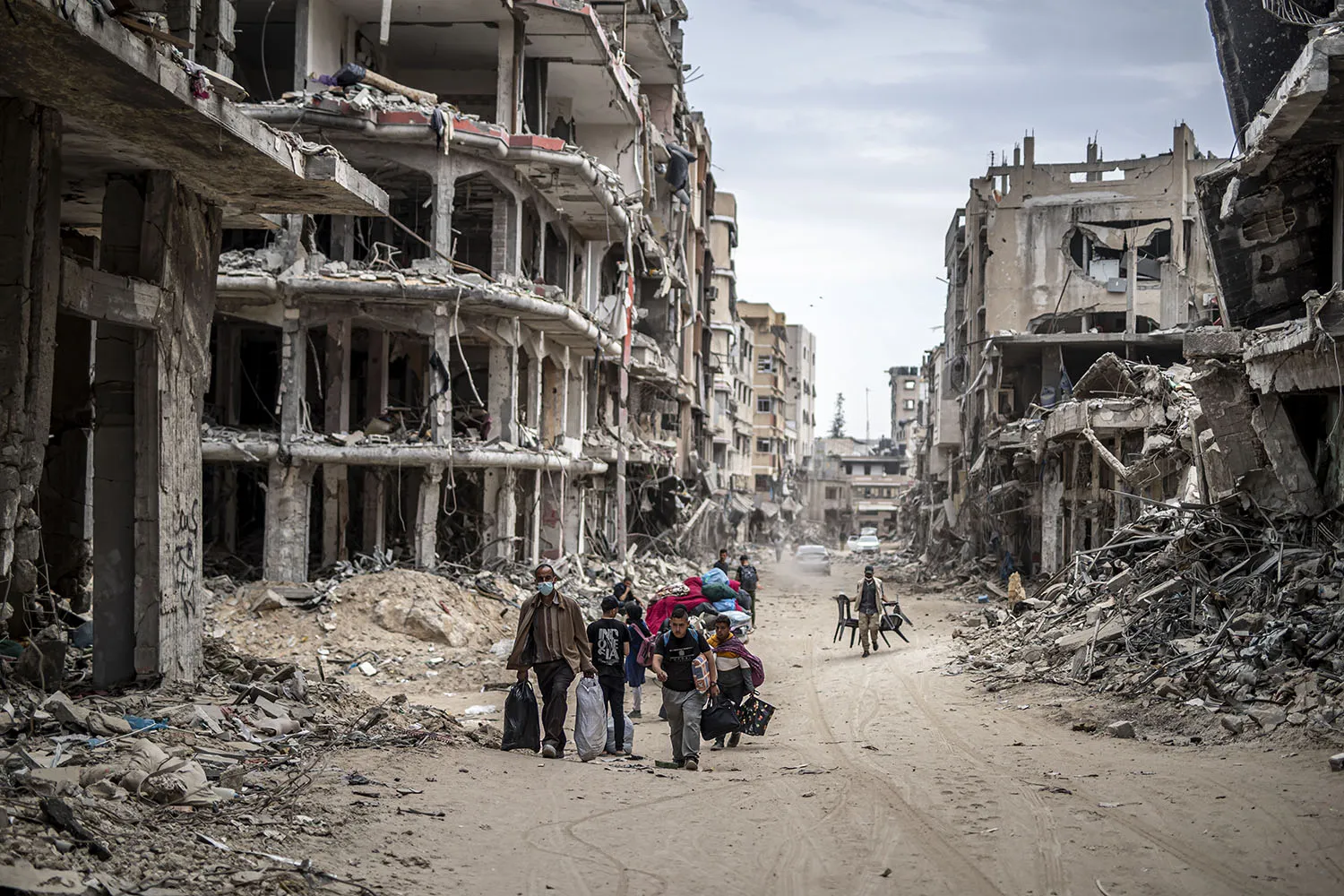Kathmandu, Israel and Iran engaged in limited, short-lived clashes during their confrontation last year, usually lasting only a few hours, and both sides looked for ways out so that tensions might drop.

Israel launched a new wave of fighting on Friday, extending the scope of its attacks and leading to much higher death tolls in both countries, prompting the two countries to declare they will fight for however long it takes. This time, it appears that the confrontation will last for at least a week because both Israel and Iran are ignoring de-conflict paths.
Whether by force or new negotiations, Israel seems determined to continue until Iran’s nuclear enrichment program is eliminated. But Iran has shown no signs of voluntarily stopping enrichment, a process necessary to produce a nuclear bomb, and Israel has no known ability to attack a crucial enrichment site that is deep underground.

The Pentagon’s Middle East relations commander until January, Daniel B. Shapiro, said, “We’re weeks, not days, away from this ending.”
Mr. Shapiro, who is currently a fellow at the Atlantic Council, a research organization based in Washington, continued, “Israel will continue until, one way or another, Iran no longer retains an enrichment capability.” “It is now obvious that Israel’s campaign will have failed if this is not addressed.”
However, Israel lacks the “bunker-buster” bombs developed in the United States that would be needed to destroy a smaller subterranean complex situated deep in a mountain near Fordo, northern Iran. Israel has successfully struck Iran’s main enrichment facility in Natanz, central Iran. Israeli officials believe their attacks on other targets, including Iran’s energy industry, nuclear scientists, and senior military officers, will inflict enough pain to convince Iran to voluntarily stop operations at Fordo.
According to Sanam Vakil, who heads Middle East studies at Chatham House, a London-based research group, Iran appears to be far from such a surrender at this time, despite Israel’s growing control in Iranian airspace. Even if Israel has restricted its capacity to fire some ballistic missiles, the Iranian government still controls the entire country and has large stockpiles of these weapons, which Israel hopes would cause it to collapse.

Dr. Vakil stated, “At this time, I don’t see any surrender coming from Tehran — there are no white flags being waved.” As long as Iran’s program appears to be functioning and the country is intact, it is extremely difficult to witness Iran renouncing its enrichment rights, she continued.

















